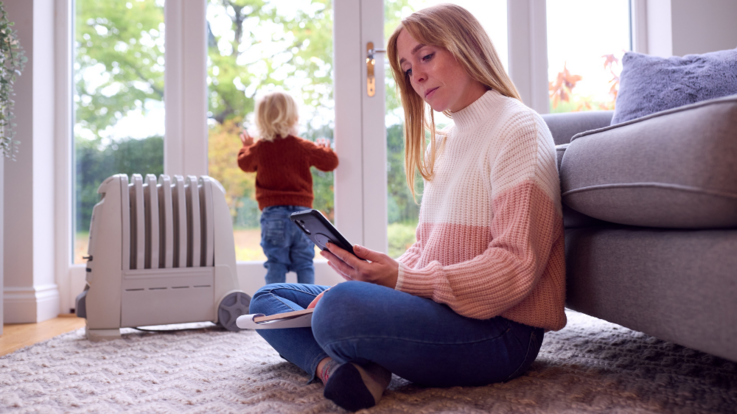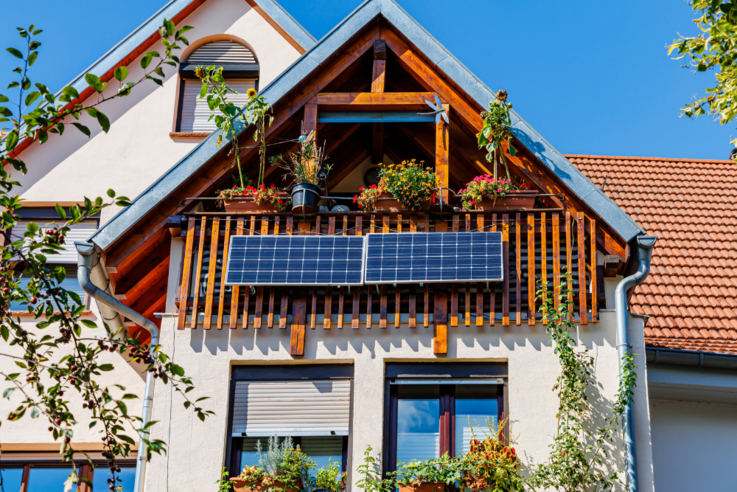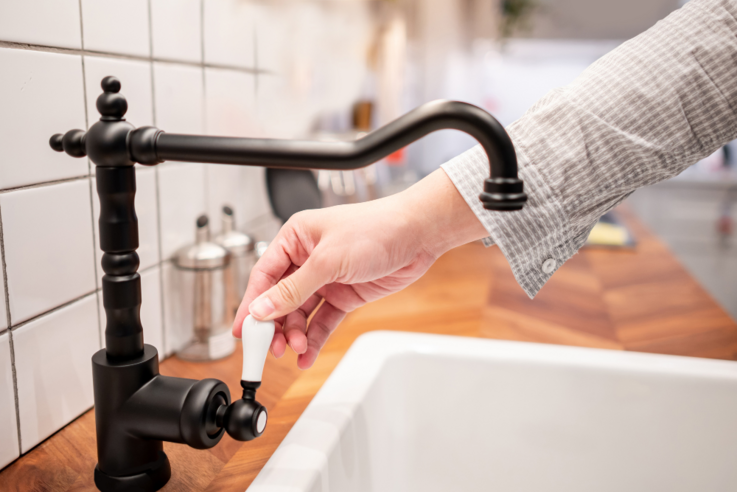08. Nov 2024
Our tips to live more eco-friendly in your KNX smart home

Looking for ways to live more consciously with regards to the environment? Ever think of smart technology and your KNX system as a means to reduce the emissions of your household? Solutions can vary from scheduling your dishwasher to only operate with solar energy, to more advanced, like connecting your smart thermostat to the motion sensors in your home to avoid energy waste.
Smart energy management: The key to less waste
Energy management is at the heart of any eco-friendly smart home. With KNX as your partner, you have powerful tools at your disposal to minimize energy waste and optimize consumption.
- Energy monitoring: KNX systems can provide real-time energy consumption data, helping you identify heavy energy-consuming areas in your home. Smart meters are the one true way to gain such insights. Want to learn more about smart meters, this reading list is a great starting point:
2. Smart thermostats: These smart devices learn to recognize patterns and define your habits, which allows them to adjust heating and cooling accordingly, and fully automatically. They can also use motion sensors to avoid heating or cooling empty rooms.
3. Intelligent lighting control: KNX systems can automatically dim or turn off lights based on natural light levels or room occupancy. In reality, it works very similarly to smart thermostats that control your preferred room temperature. This not only saves energy but also extends the life of your light bulbs.
4. Standby power reduction: Many devices consume power even when not in use - the so-called ‘standby power’. KNX can automatically cut power to these devices when they're not needed, eliminating this "vampire" energy drain.
Renewable energy integration: The true power behind your smart home
Integrating renewable energy sources into your KNX smart home can dramatically increase your sustainability. Here's how:
Solar panel integration: KNX can interface with your solar inverter, allowing you to monitor energy production and optimize consumption of all your smart devices, based on available solar power.
Battery storage management: If you have a home battery system, KNX can manage when to store excess solar energy and when to use it, maximizing your use of renewable energy.
Smart grid interaction: Some KNX systems can communicate with smart grids, allowing your home to use more energy when renewable sources are abundant and less when they're scarce. This is especially interesting if your government handles a policy of peak consumption.
Smart water conservation ‘til the last drop
By implementing these water conservation measures, you can significantly reduce water consumption and waste, contributing to both environmental protection and lower utility bills.
Smart irrigation: KNX-controlled irrigation systems can adjust watering schedules based on weather forecasts, soil moisture levels, and even evapotranspiration rates, ensuring your garden gets exactly the water it needs.
Leak detection: KNX-compatible water sensors can detect leaks early, preventing water waste and potential damage to your home. Learn more about water and flooding detectors:
The importance of emerging technologies in sustainable solutions (and why KNX is the perfect partner)
In this article, we’ve listed a lot of smart devices and appliances to help you live more sustainably. Do note: we only mentioned solutions that are available today. Smart technologies are being developed every day. That’s why it’s important to keep the future in mind, while building your smart home. Who knows which revolutionary energy saving solutions are in store for us?
With a KNX system you are sure your smart home set-up of today will be compatible with future inventions. How? Thanks to the open standard of KNX, new technologies can easily be adapted to the standard. This way, you won’t miss out on more eco-friendly opportunities for your home.
Interested in KNX’s initiatives to provide more sustainable solutions for their users?
Highlights
-
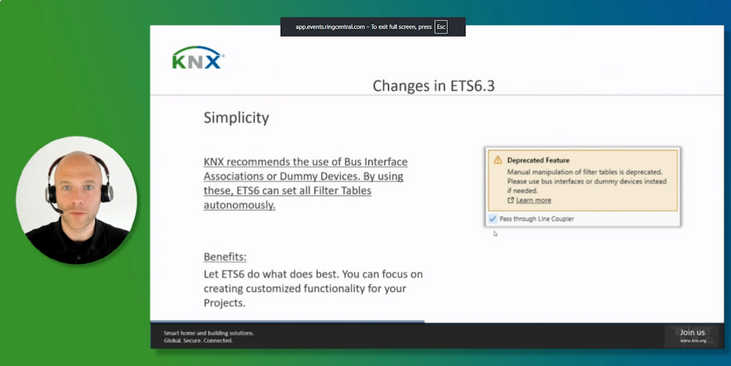 Press
PressETS6 Roadshow 2025 marks global success, showcases power of ETS6.3
ETS6 takes center stage during the month of May with 24 roadshow stops all over the world. -
 News
NewsThe KNX Journal 2025 is now available
The latest edition of our annual smart home and building solutions magazine has arrived. The KNX Journal 2025 offers ... -
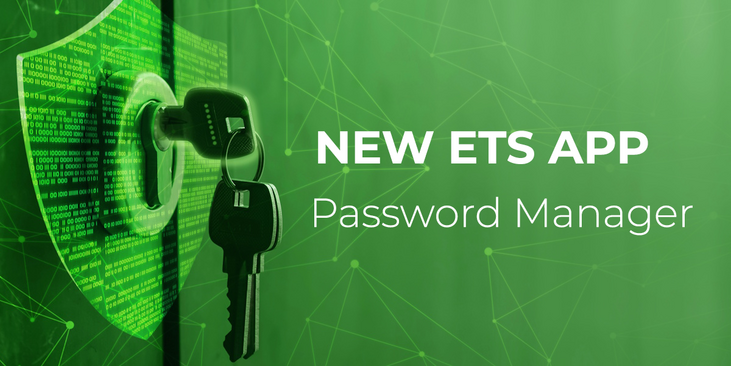 News
NewsNew ETS App: Password Manager
The ETS Password Manager is a powerful new ETS App introduced in ETS 6.3 that eliminates the need to repeatedly enter ...

